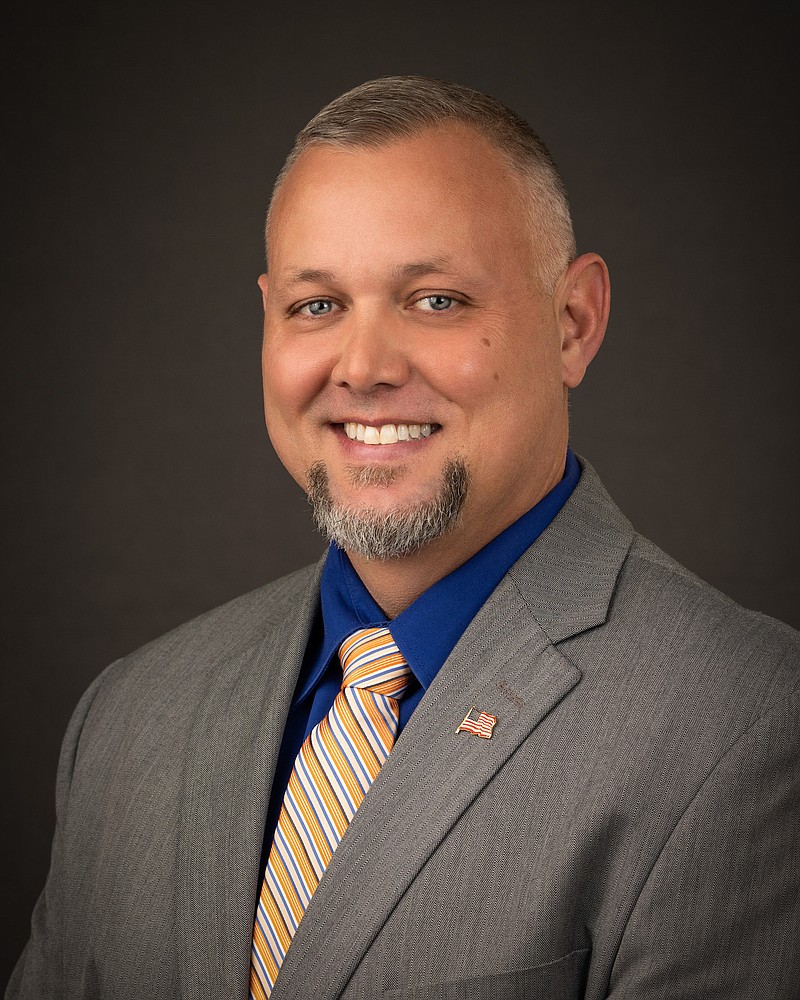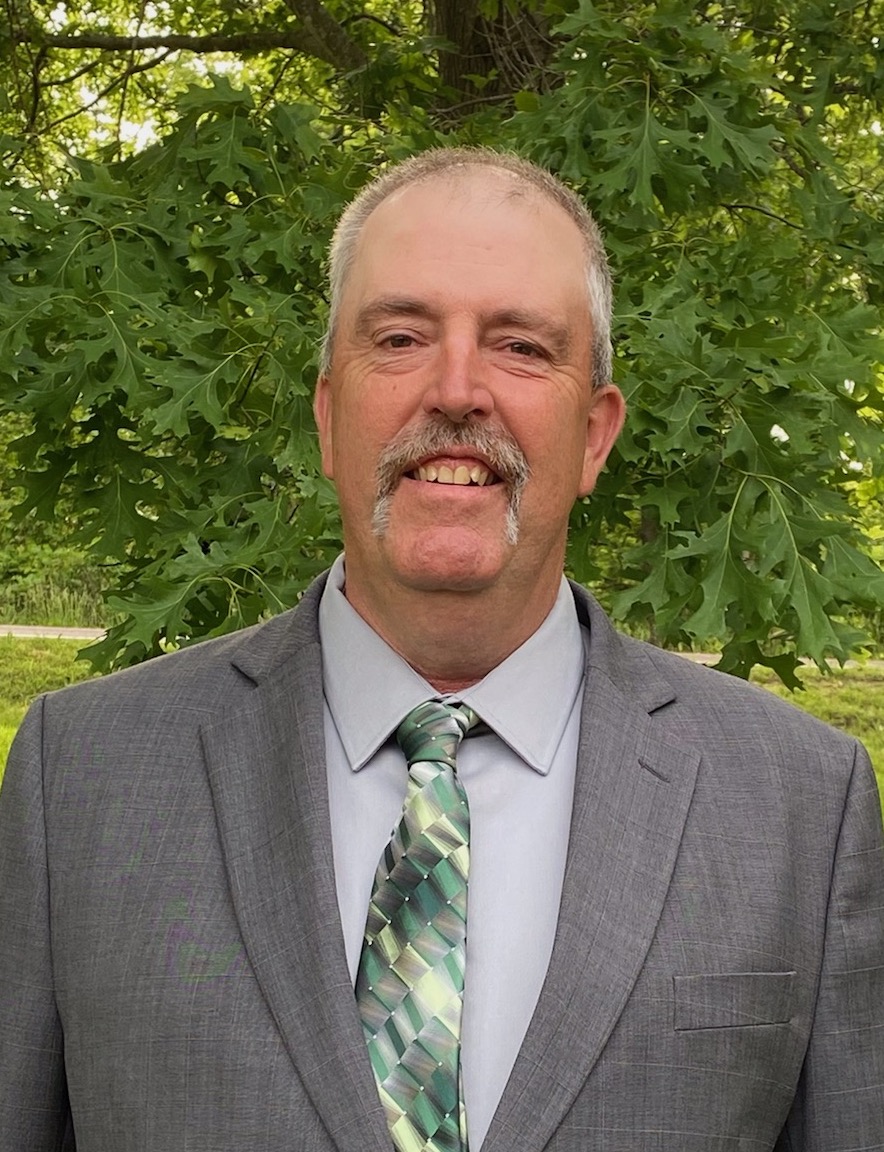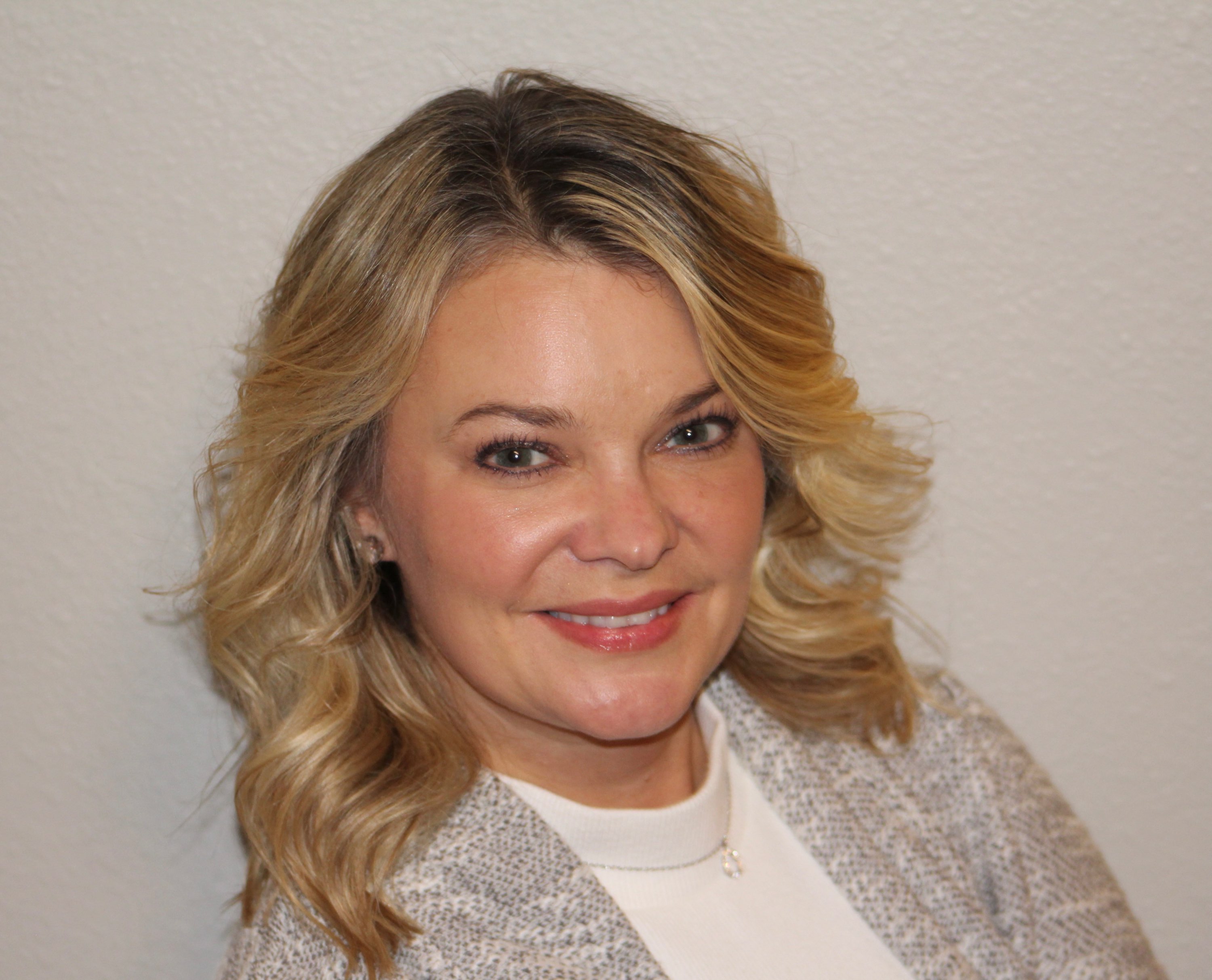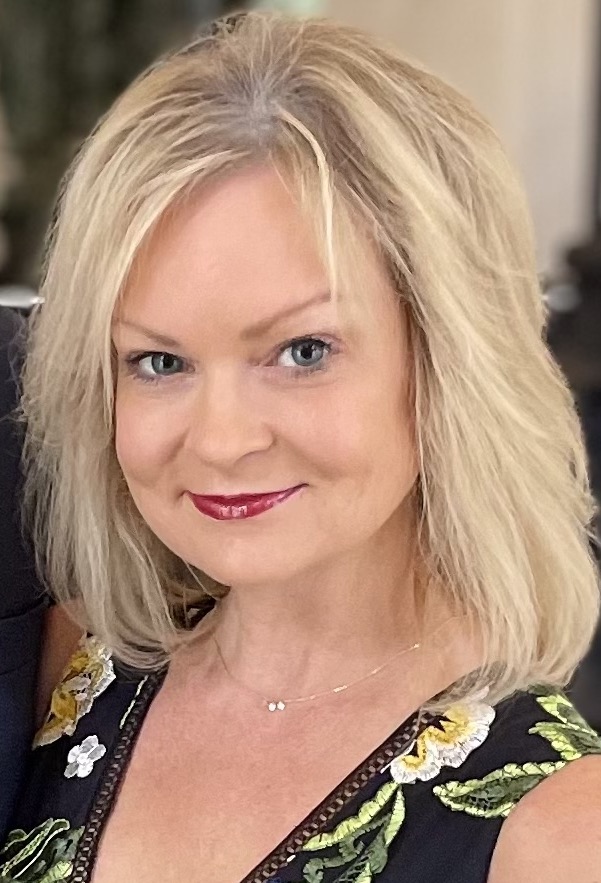The April election is just around the corner, and Blair Oaks school board candidates are weighing on a few final questions about their views.
The News Tribune asked candidates about their opinions on the role of parents in education, dealing with disagreements, and the handling of Policy 2115, a revoked policy dealing with transgender students.
Here's what they had to say:
Parents in education
Mark McCarter said parents hold all of the students' rights, and with those rights comes the responsibility to actively engage in their student's education.
"The school district can't interfere with those rights, and shouldn't, with the exception, if there's a suspected case of child abuse, physical abuse, sexual abuse or neglect, then they need to take over," McCarter said, adding that teachers are mandatory reporters.
McCarter cited Senate Bill 318, saying parent's rights include the right to access the school, view curriculum and lesson plans, and see academic performance and financial information. He said parents should have the right to opt their children out of things if they disagree with the philosophy of an organization providing a program to students.
McCarter said parents have a right to control their children's health. He also said the school should notify parents if a student came to school and dressed in an outfit identified with a different gender.
"Anything that has to do with a child's behavior, it is a parent's right, and responsibility, quite frankly, to get involved, and the school needs to enable those parent rights," he said.
Doug Moeller said a parent's responsibility is to be an advocate for their child. He said Blair Oaks parents have instilled a strong work ethic and respect for others, as well as an ability to ask questions and get help when needed at school.
Fessler said parents are the primary educators of their children for life.
"Even as an adult, I still go to my parents and ask them questions and advice," she said.
The school and parents should work together, she said, and when they do, children know that people are "in their corner."
But neither is a replacement for the other, she said.
Lueckenhoff said parents are a check on the educational system, and their role doesn't end at any point.
"I think they should be an advocate for their kid, they should kind of be the moral compass for the school, I think that they should be the backup to the teachers," she said. Parents should support teachers on discipline and should train their kids in values and morals that will make them good students.
Fitzpatrick believes in a dual approach.
"I believe that it's a partnership that works proactively for the betterment of the child. So in my opinion, there isn't really a start or stop (to their roles). It's just continued communication and support from both the parents and district staff," he said.
Dealing with disagreements
The News Tribune asked candidates about what should drive their decisions in disputes such as differing views on curriculum or policy.
McCarter said he has served on boards at the local, regional, state and national levels, and has "plenty of experience resolving disagreements."
He said disputes are inevitable, but the best way to deal with them is active listening, and respectful discussion and debate.
McCarter said he's met with every board member and candidate and is confident they could all work together for Blair Oaks.
Moeller said as a board member, he's encouraged parents and patrons with concerns to go directly to the source and go through the "chain of command."
"So if a parent's got a problem, don't come to me right away, go to the teacher and go through the chain of command, and then when the parents do that, the parents or patrons and staff are respected, I believe many concerns can be resolved," he said.
Fessler said the best interest of the children should be at the heart of all decisions.
When new curriculum is implemented, she said, it may need to be investigated.
"I think it would be beneficial if there was a committee. It could be a committee with parents, teachers, administrators. ... Curriculum committees are actually pretty common in private schools, so I think it would be a benefit," said Fessler, who is a former teacher at a Catholic school.
Lueckenhoff said she attended a meeting last year when the board approved curriculum, and said it appeared that it was approved with no review.
She said parents should be involved, perhaps through a committee.
"From what I saw, that's how it was approved, was 'Here's the curriculum,' there was a couple minor questions asked, and it was approved, and so I don't even know that that the board understands what's included in the curriculum ... other than the information given to them at that meeting," she said.
She said moving forward there should be changes to how policies and curriculum are passed and parents should be involved.
Fitzpatrick said the process for curriculum adoption includes following legislation and getting legal input, working with the Missouri School Board's Association, getting feedback from administrators, staff and liaisons. He said staff and the community should also communicate with their state representative if they want to be involved in that process.
Handling of Policy 2115
McCarter said he was happy Policy 2115 was removed.
He reiterated his intention to make three motions at the first board meeting: a motion to livestream the open portion of the meeting, a motion to establish a 30-minute period for patron and parent participation at the beginning of the meeting, and a motion to publish the counseling and special services plans.
"My first two motions alone will ease the tensions and build the confidence between the board and the community. And for me, communications with our community, are critical, critical for regaining that confidence," he said.
Moeller said the policy has been removed, and he's not sure why it's still an issue.
"I'm not sure why this question keeps coming up," Moeller said. "I believe the current board successfully resolved our patrons' concerns about the policy.
"We had patrons that had concerns. We addressed them. We did our duty as board members. We brought up all the discussions we needed to do. We handled it, we took care of it, the policy is gone."
Fessler said her stance on Policy 2115 was clear to the board and public. She spoke out against it.
"I'm glad that it is not a policy anymore. I'm just disappointed that it took 18 months," she said.
Lueckenhoff said she would have questioned the attorney more about the examples of cases related to the policies.
Lueckenhoff said the open forum or some sort of notification of patrons should have occurred beforehand. People were upset because they felt like it was passed without transparency, she said.
"These things are in the past, and it's just time to kind of put them to bed, and look for ways to move forward," she said.
She added it's important to look for ways to involve the community and combat the negative perception of the board.
"I would just like to be more proactive rather than reactive," she said.
Fitzpatrick said he doesn't have all the information that board members at the time had through closed meetings.
"For me personally, I think it's easy to pick apart something after the fact, not knowing all the information they had at the time," he said.
If elected, he said he would listen to community feedback on whether the policy needs to be re-examined.
"If they're thinking (it's) something that needs to be re-looked at then I'd be willing to do that, and if the community doesn't feel that it needs to be looked at again, then obviously the need's not there," he said, adding that he would rather focus his time on other concerns. He said communication is a key goal of his.





